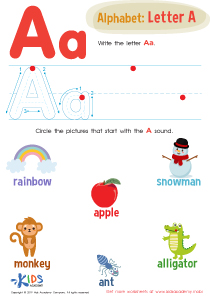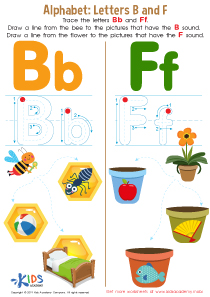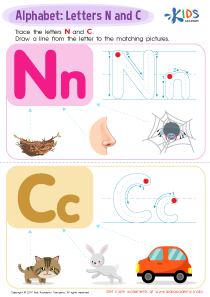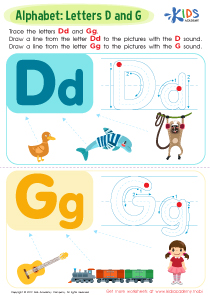Letter I Worksheets for Ages 4-5
4 filtered results
-
From - To
Dive into the enchanting world of the alphabet with our specially designed Letter I worksheets, perfect for young learners ages 4-5. These engaging worksheets are expertly crafted to introduce and reinforce the letter I through a variety of fun-filled activities. Your child will enjoy tracing, identifying, and writing the letter I, all while expanding their vocabulary with delightful words that start with this intriguing letter. Ideal for preschool and kindergarten students, our worksheets are tailored to capture the imagination of young minds, ensuring a joyful learning experience. Embark on this educational journey and watch your child's literacy skills flourish with our Letter I worksheets for ages 4-5.
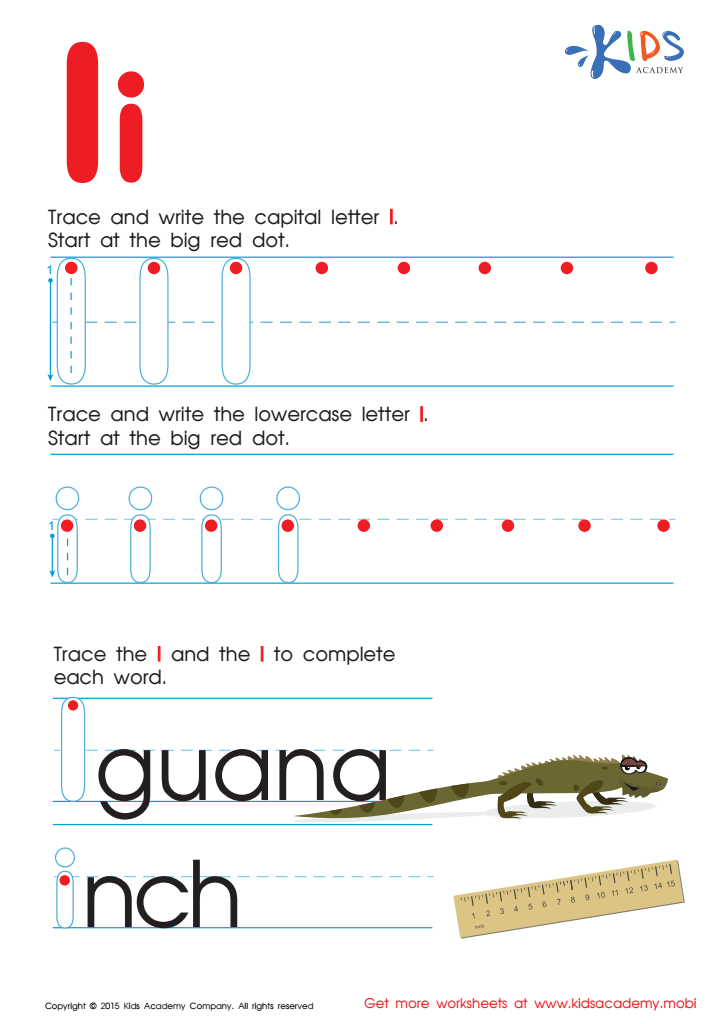

Letter I Tracing Page
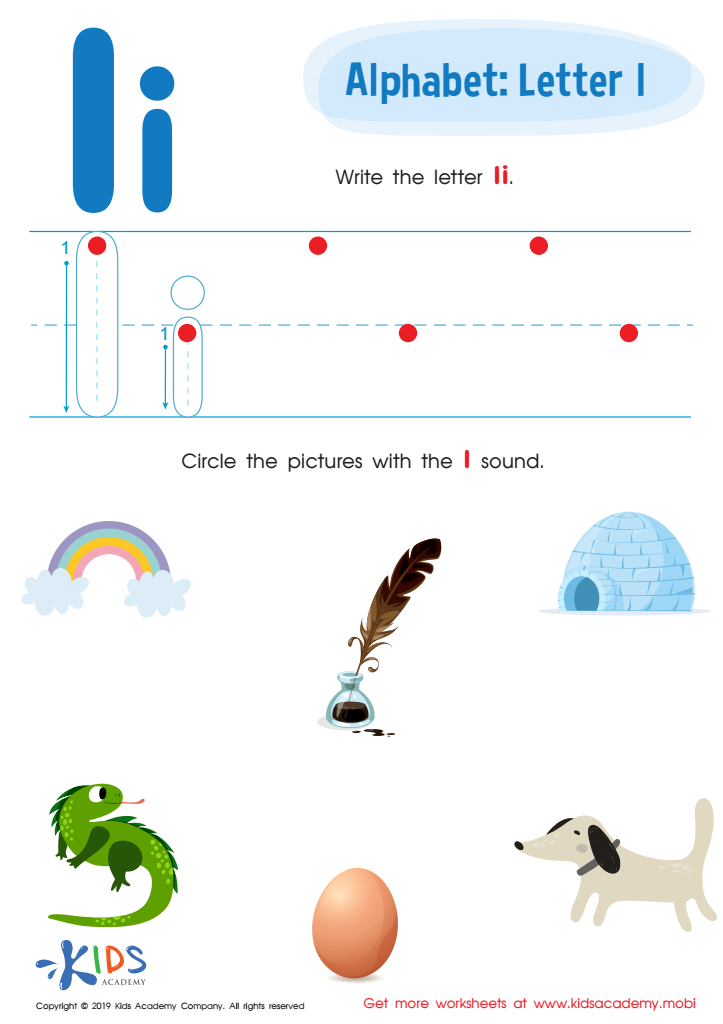

Letter I Tracing Worksheet
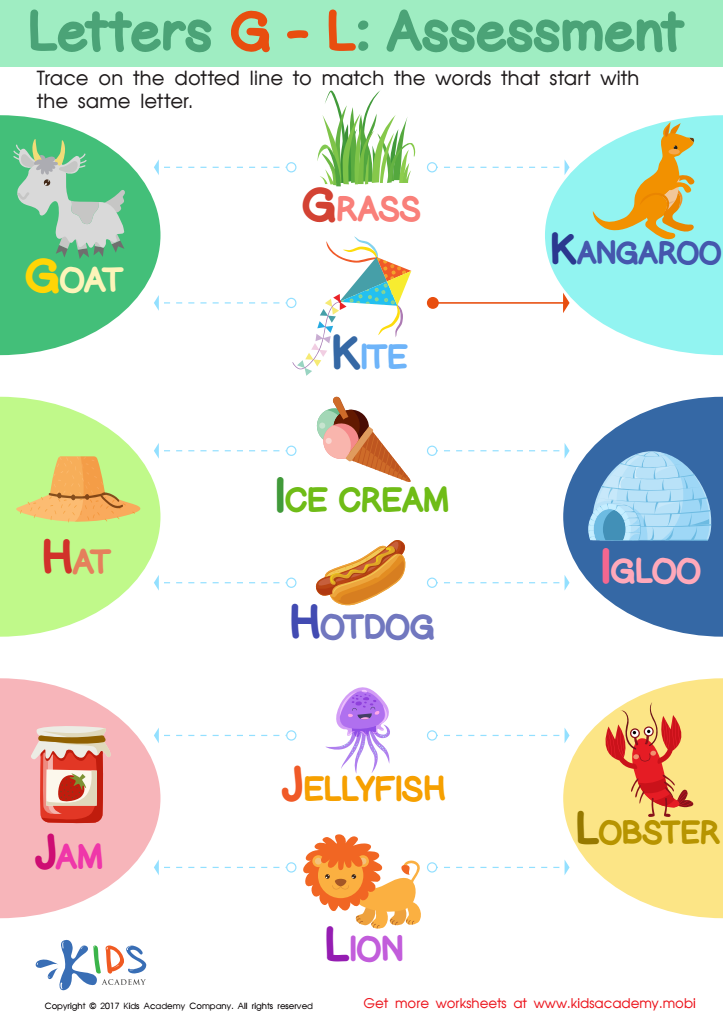

Letters G-L Worksheet
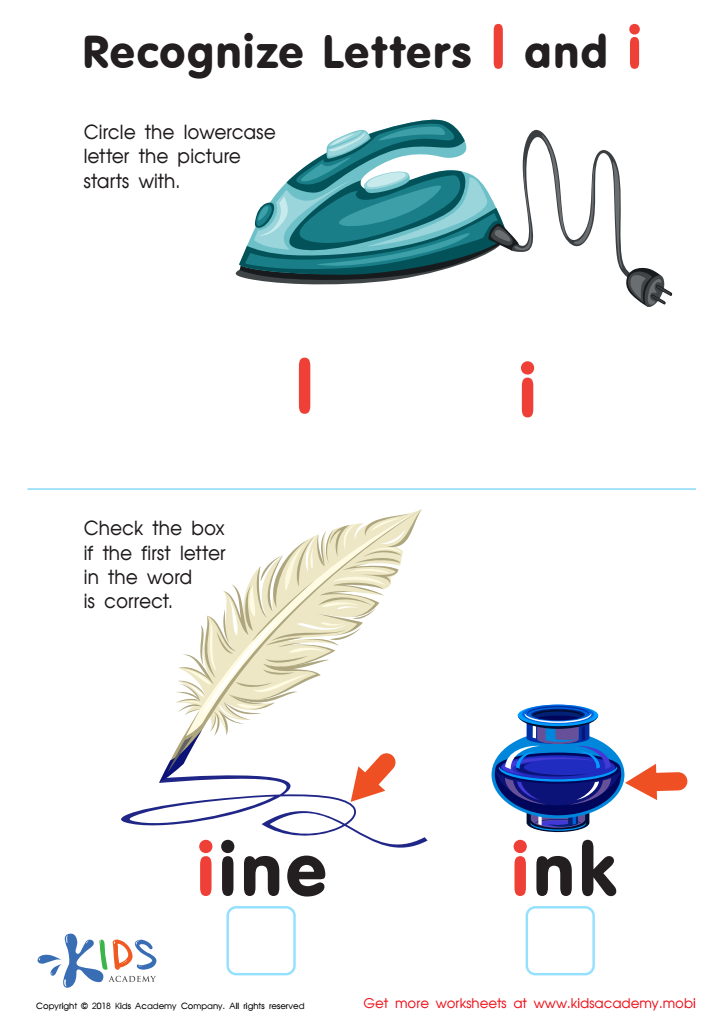

Recognize Letters l and i Worksheet
Worksheets focused on the Letter I are an indispensable tool for young learners, particularly those aged 4-5. At this developmental stage, children are just beginning to navigate the vast world of literacy, making it the perfect time to introduce them to the intricacies of individual letters, such as the Letter I. The benefits of utilizing these worksheets are manifold.
Firstly, they offer a structured approach to learning, which is crucial for young minds seeking to understand new concepts. Through engaging activities and exercises tailored to the Letter I for Ages 4-5, children can explore its shape, sound, and various applications within words in a manner that is both entertaining and educational. This not only aids in letter recognition but also in phonemic awareness, a foundational skill for reading.
Moreover, these worksheets also support the development of fine motor skills. As children trace, write, and color activities related to the Letter I, they refine their hand-eye coordination and pencil grip, preparing them for more complex writing tasks in the future.
Furthermore, by focusing on the Letter I, worksheets provide a sense of accomplishment for young learners. Completing these activities instills confidence in their abilities to conquer new challenges, fostering a love for learning that will benefit them throughout their educational journey.
In conclusion, Letter I worksheets for Ages 4-5 are a fun, educational tool that supports literacy, fine motor development, and self-confidence, making them an essential part of early learning.
 Assign to My Students
Assign to My Students






